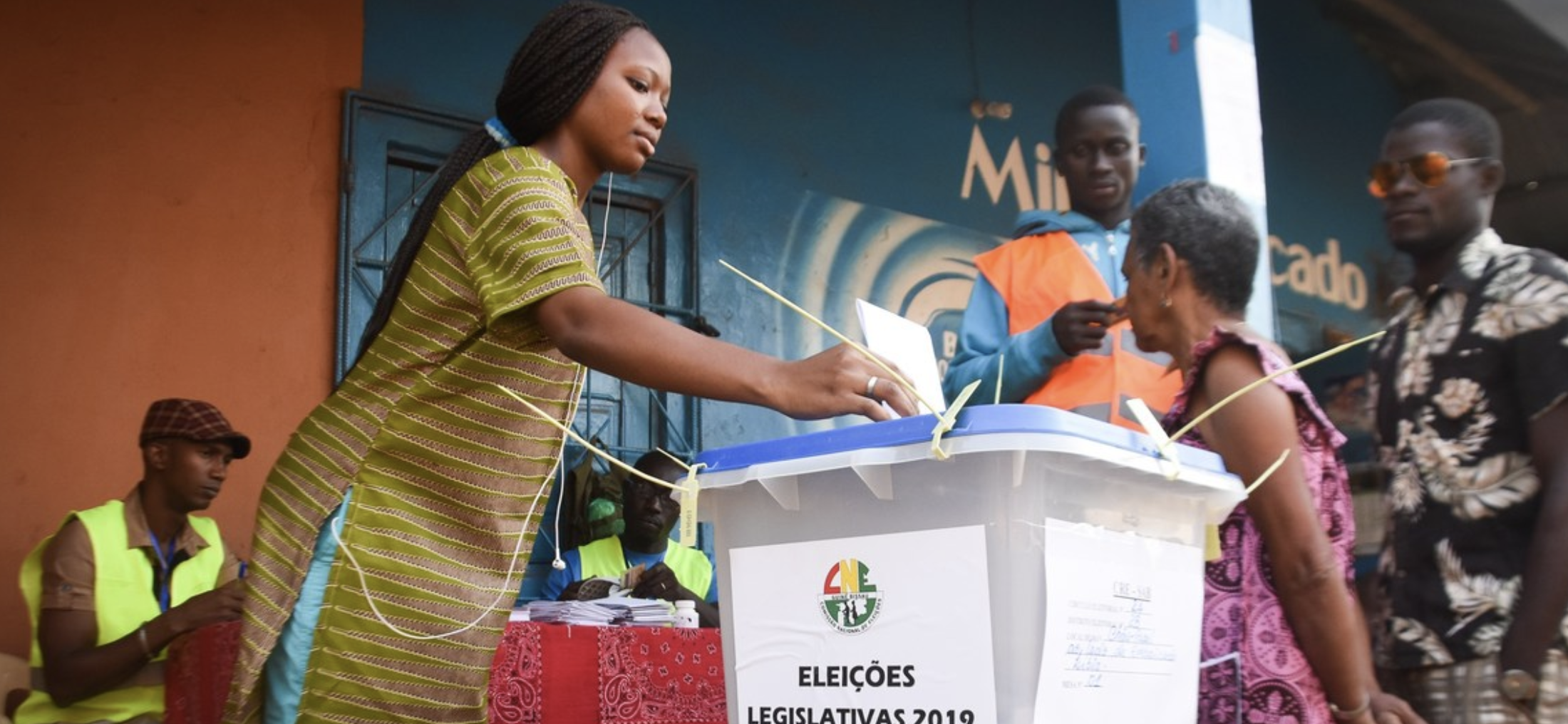
Guinea-Bissau begins vote in presidential run-off

Voters in Guinea-Bissau are being called out to cast their ballots in a presidential runoff Sunday, capping a year of turmoil in the poor, coup-prone West African state.
An atmosphere of calm is observed in Bissau as more than 700,000 voters are expected to cast votes and choose a president for the next five years between Domingos Simoes Pereira, candidate of the African Party for the Independence of Guinea and Cape Verde (PAIGC), and Umaro Sissoco Embalo, supported by the Movement for Democratic Alternation (MADEM-G15)
Incumbent Jose Mario Vaz crashed out of the race in the first round in November, becoming the first elected president in 25 years to reach the end of his mandate without being ousted or dying in office, in a country where the military has loomed large.
There are high hopes for the polls as it could bring an end to years of political infighting, regular high-level sackings and corruption, which culminated in violent protests and deadlocked parliament ahead of the election’s first round.
Both candidates in Sunday’s showdown have said that if elected they will work to overcome a long-running political impasse and modernize the country of 1.6 million people, which has suffered nine coups or attempted coups since independence from Portugal in 1974.
The ruling PAIGC party’s Domingos Simoes Pereira, 56, is seen as the front-runner after winning the first round on Nov. 24 with 40%.
His opponent, Umaro Cissoko Embalo, 47, was in second place with 28% despite being a relative political newcomer, and political analysts say the run-off race could be close.
The NEC estimated more than 100 international observers from the African Union, the Community of Portuguese Language Countries and the Economic Community of West African States (ECOWAS), among others, would be present.
The civil society would also supervise the voting process. According to the spokeswoman of the organizations of civil society Silvina Tavares, “the process will be supervised before and after the voting”.
As for measures to ensure the security of the voting, police commissioner Armando Nhaga announced more than 7,000 policemen and ECOWAS forces would be deployed.
Ahead of election day, many voters expressed hope that the post-election process would go smoothly so the winner could focus on bringing long-sought change.
Speaking to Reuters, “I hope the losing candidate will recognise the verdict of the ballot box,” said market trader Alianca Caetano, 45, at her vegetable stall in Bissau.
Polls opened at 0700 GMT and close at 1700 GMT. Results are not expected until Monday.






